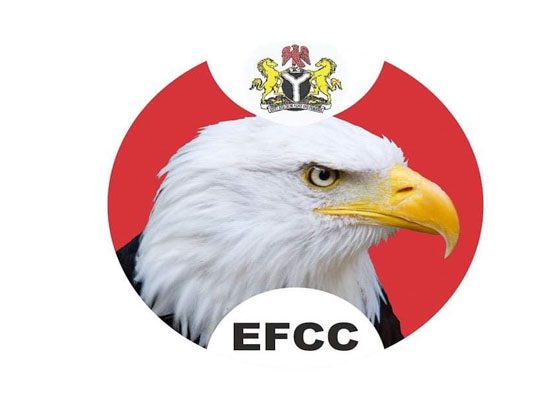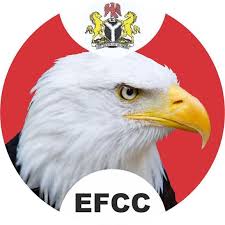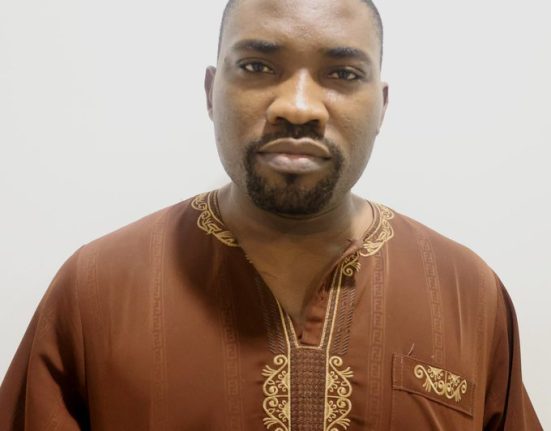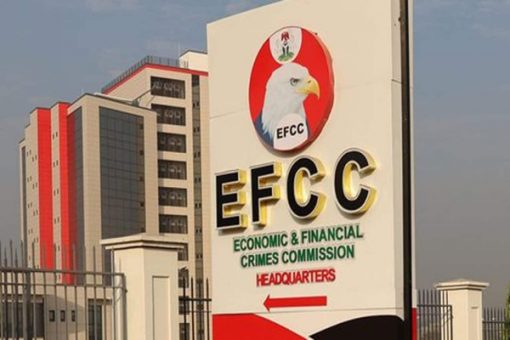The Economic and Financial Crimes Commission (EFCC) has come under renewed scrutiny following allegations of arbitrary arrests and detentions of citizens without adherence to due process or proper legal justification.
Critics, including legal practitioners and civil rights groups, have accused the anti-graft agency of operating in a manner that undermines the rule of law, citing recent incidents where individuals were reportedly apprehended without warrants or formal charges.
According to sources familiar with the matter, the EFCC has been accused of conducting raids and detaining persons for extended periods without granting access to legal counsel or disclosing the reasons for their detention — actions many argue are in violation of constitutional rights.
“This continued pattern of impunity cannot be allowed to stand in a democracy. The EFCC must be reminded that it is not above the law,” a Lagos-based constitutional lawyer said, urging the commission to respect the rights of all citizens as enshrined in the 1999 Constitution of the Federal Republic of Nigeria.
While the EFCC has yet to issue an official response to the latest wave of allegations, the agency has in the past defended its operations as being within the bounds of the law and in line with its mandate to combat financial crimes.
Nonetheless, observers are calling for greater transparency, judicial oversight, and reforms within the commission to ensure that its actions do not erode public trust or infringe on civil liberties.
As pressure mounts from civil society and the legal community, the spotlight remains firmly on the EFCC to demonstrate accountability and respect for due process in its anti-corruption efforts.







